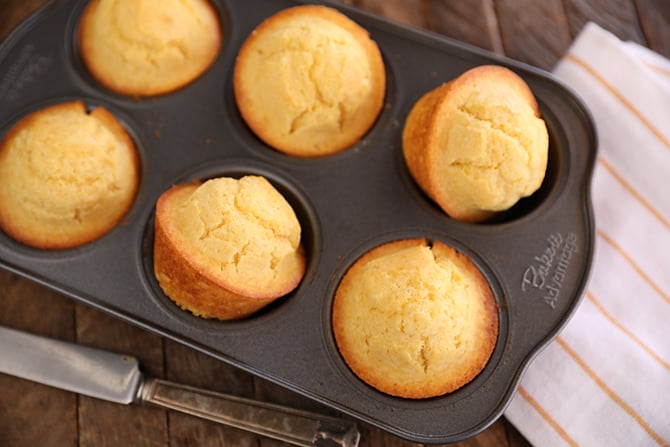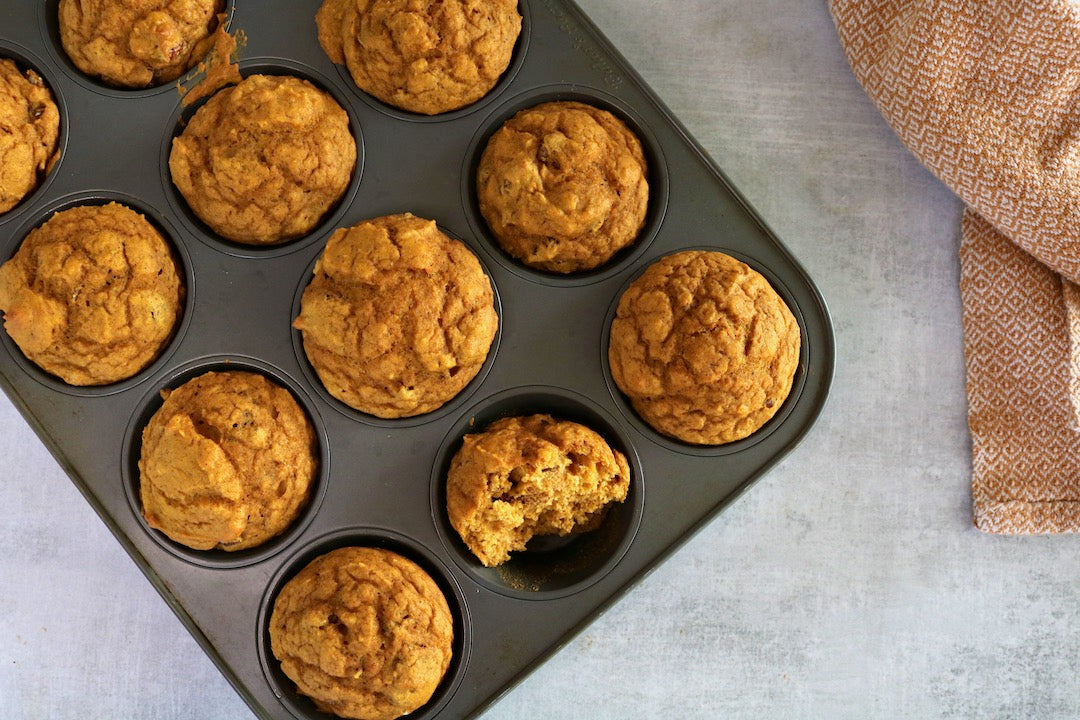For culinary experts, the journey of mastering cooking involves not just perfecting recipes and techniques, but also ensuring the safety of those who enjoy the meals. A critical area thats gaining attention is the overlap between allergies and cast iron cooking. While cast iron skillets and pans are revered for their remarkable heat retention and the rustic flavor they impart, they can also bring potential risks for those with allergies.
In this extensive guide, we explore how allergies and cast iron cooking intertwine, what culinary professionals should keep in mind, and how to maintain a secure kitchen environment while savoring the advantages of cast iron cookware.

Why Cast Iron is a Cornerstone in Professional Kitchens
For centuries, cast iron has been a beloved tool in kitchens worldwide. Renowned for its sturdiness and superior heat retention, cast iron cookware is perfect for searing, sauting, baking, and frying. Beyond its practical benefits, cast iron provides a unique cooking experience that elevates the flavor profiles of different dishes.
For those in the culinary field, cast iron offers remarkable versatility. Whether youre using a skillet to sear a steak or a Dutch oven to slow-cook a stew, the even heat distribution guarantees consistent results. However, as the popularity of cast iron cookware rises, so does the necessity to consider allergies when using these tools.
Grasping Allergies in Culinary Spaces
Food allergies affect millions globally, ranging from mild reactions to serious conditions. Common allergens include nuts, dairy, gluten, shellfish, and soy, among others. In professional kitchens, where cross-contamination is a real risk, understanding and controlling allergens is paramount.
Though cast iron itself is not an allergen, the usage and upkeep can influence allergen exposure. Residues from past cooking sessions, if not properly cleaned, can transmit allergens to new dishes. This presents significant concerns for individuals with severe allergies, as even trace amounts of an allergen can provoke a reaction.
Allergen Risks with Cast Iron Cookware
A major concern surrounding cast iron cooking is the potential for cross-contact. Unlike stainless steel or non-stick cookware, cast iron is porous, meaning it can absorb flavors and residues from previous cooking. If a cast iron skillet has been used for a dish with allergens, those allergens can be inadvertently transferred to subsequent dishes.
This is especially crucial in restaurants and busy kitchens where multiple dishes are prepared rapidly. Even with thorough cleaning, ensuring all traces of allergens are removed from cast iron surfaces can be a challenge. Consequently, understanding how to clean and maintain cast iron is essential for reducing allergen risks.
Ensuring Allergen Safety in Cast Iron Cooking
To foster a safe cooking environment for individuals with allergies, culinary experts should adopt specific strategies when using cast iron. Here are several key practices:
- Dedicated Cookware: When feasible, maintain separate cast iron cookware for allergen-free meals. This helps prevent cross-contamination and ensures sensitive individuals are not exposed to allergens.
- Meticulous Cleaning: Clean cast iron cookware thoroughly after every use. While its common to avoid soap to protect the seasoning, using a mild soap to remove residues is advisable in environments sensitive to allergens.
- Regular Re-Seasoning: Periodically re-seasoning the cast iron cookware creates a protective layer that minimizes allergen absorption. This process also enhances the non-stick qualities of the cookware.
For more insights on maintaining cookware in professional kitchens, visit Sizzling Meals.
Implementing Best Practices in Culinary Settings
For kitchen professionals, fostering an environment that respects and accommodates food allergies is a hallmark of excellence. By understanding the dynamics of allergies and cast iron cooking, chefs can ensure their dishes are safe and welcoming for all diners.
Effective communication is essential. Ensure that all kitchen staff are educated on allergen awareness and the importance of preventing cross-contact. Clearly label menu items and work with patrons to address specific dietary requirements.
Conclusion
The interplay between allergies and cast iron cooking is intricate yet manageable with proper knowledge and practices. By prioritizing safety and education, culinary professionals can continue to enjoy the advantages of cast iron while safeguarding the health of their patrons.

FAQs
Q: Can cast iron absorb allergens from prior dishes?
A: Yes, due to its porous structure, cast iron can absorb residues from dishes, including potential allergens. Proper cleaning and maintenance are critical to mitigate risks.
Q: How can I clean cast iron cookware safely to avoid allergens?
A: Using mild soap and hot water is a good approach for cleaning, even if it might affect the seasoning. Alternatively, keep separate pans for allergen-free dishes.
Q: Is re-seasoning cast iron essential for allergen management?
A: Absolutely, regular seasoning creates a protective layer that lessens allergen absorption and enhances the pan's non-stick features.
If you're interested in exploring creative uses for cast iron, check out this Muffin Tin Recipe.
For additional insights, explore more about New vs Vintage Muffins, or learn about Seasoning Techniques for optimal performance.
This article contains affiliate links. We may earn a commission at no extra cost to you.






Leave a comment
This site is protected by hCaptcha and the hCaptcha Privacy Policy and Terms of Service apply.